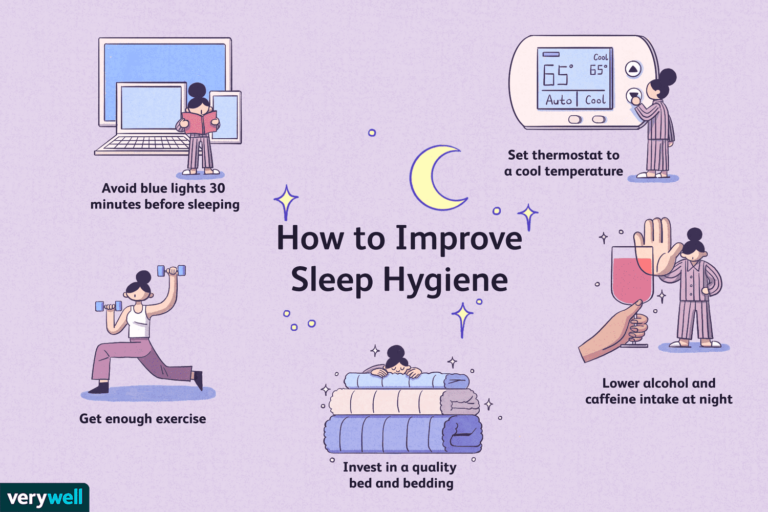Benefits of Meditation for Mental Health: A Path to Inner Calm
Meditation has been practiced for thousands of years, but its benefits for mental health are more relevant than ever in today’s fast-paced world. With stress, anxiety, and depression affecting millions, meditation offers a powerful tool to calm the mind, improve emotional well-being, and enhance overall mental health. Through regular practice, individuals can experience significant improvements in their ability to manage stress, focus, and even cope with complex emotions. This article explores the various benefits of meditation for mental health and how integrating this practice into your daily routine can bring about lasting change.
Reducing Stress: Finding Calm in a Hectic World
Stress is one of the most common mental health issues people face today. It can stem from work pressure, personal issues, or daily responsibilities, and when left unmanaged, it can lead to serious health concerns like high blood pressure, anxiety, and depression. Meditation helps activate the parasympathetic nervous system, which is responsible for promoting relaxation. Regular meditation practice encourages deep breathing and mindfulness, reducing the production of stress hormones like cortisol. This not only helps you feel calmer in the moment but also improves your resilience to stress over time, making it easier to handle challenging situations with a clearer mind.
Managing Anxiety and Depression: Creating Emotional Balance
Meditation can be incredibly effective for managing anxiety and depression. Mindfulness meditation, in particular, helps individuals become more aware of their thoughts and feelings without judgment. This increased awareness can prevent negative thought spirals and reduce the impact of anxiety. Studies have shown that meditation can reduce symptoms of depression by improving the brain’s ability to regulate emotions. By practicing meditation, individuals can develop a more balanced approach to their emotions, learning to observe them without becoming overwhelmed or consumed. Over time, this practice can promote a more positive and stable emotional state.
Improving Focus and Mental Clarity: Sharpening the Mind
One of the key mental health benefits of meditation is improved focus and mental clarity. Meditation trains the brain to stay present and attentive, which can enhance concentration and cognitive function. With consistent practice, meditation strengthens areas of the brain associated with attention and memory, making it easier to stay focused on tasks and process information more effectively. This is particularly beneficial for individuals who struggle with distractions, mental fog, or lack of concentration. Meditation provides a mental reset, allowing individuals to approach daily activities with a clearer, more organized mindset.
Enhancing Self-Awareness: Building a Healthier Relationship with Yourself
Meditation fosters self-awareness, which is essential for understanding and improving your mental health. As you meditate, you begin to observe your thoughts, emotions, and behaviors without the usual distractions or judgments. This increased self-awareness allows you to identify negative thought patterns, triggers for stress or anxiety, and areas of your life that may need attention. With this insight, you can make healthier decisions, challenge self-limiting beliefs, and improve your emotional responses. Meditation encourages a compassionate and non-judgmental approach to yourself, promoting greater self-acceptance and mental well-being.
Promoting Better Sleep: Relaxing the Mind for Restful Nights
Sleep problems, such as insomnia or poor-quality sleep, are common symptoms of stress and anxiety. Meditation can help regulate sleep patterns by calming the nervous system and reducing the mental chatter that often keeps people awake at night. Mindfulness and body scan meditation techniques encourage relaxation and deep breathing, which can signal the body to prepare for sleep. By making meditation a part of your bedtime routine, you can improve the quality of your sleep and wake up feeling more rested and refreshed, contributing to better mental and physical health overall.
FAQs
Q1: How long should I meditate for mental health benefits?
Even a few minutes of meditation can provide mental health benefits. However, practicing for 10–20 minutes daily is recommended to experience significant improvements in stress reduction, focus, and emotional well-being.
Q2: Can meditation replace therapy for mental health issues?
While meditation is a helpful tool for managing mental health, it is not a replacement for professional therapy. Meditation can complement therapy by helping individuals manage stress and emotions, but it is important to seek professional help for ongoing mental health concerns.
Q3: How soon will I see the benefits of meditation?
Some benefits of meditation, like reduced stress and improved mood, may be felt immediately after a session. However, the full mental health benefits of meditation often take time and consistency, with noticeable improvements over the course of a few weeks or months.
Q4: Do I need a special environment to meditate effectively?
While a quiet space can enhance meditation, you can meditate anywhere. The key is to find a comfortable, distraction-free environment where you can focus and relax. Many people practice meditation at home, at work, or even during daily walks.
Q5: Can meditation improve physical health as well?
Yes, meditation has been linked to numerous physical health benefits, including reduced blood pressure, improved immune function, and better sleep. By managing stress and fostering relaxation, meditation contributes to both mental and physical well-being.
